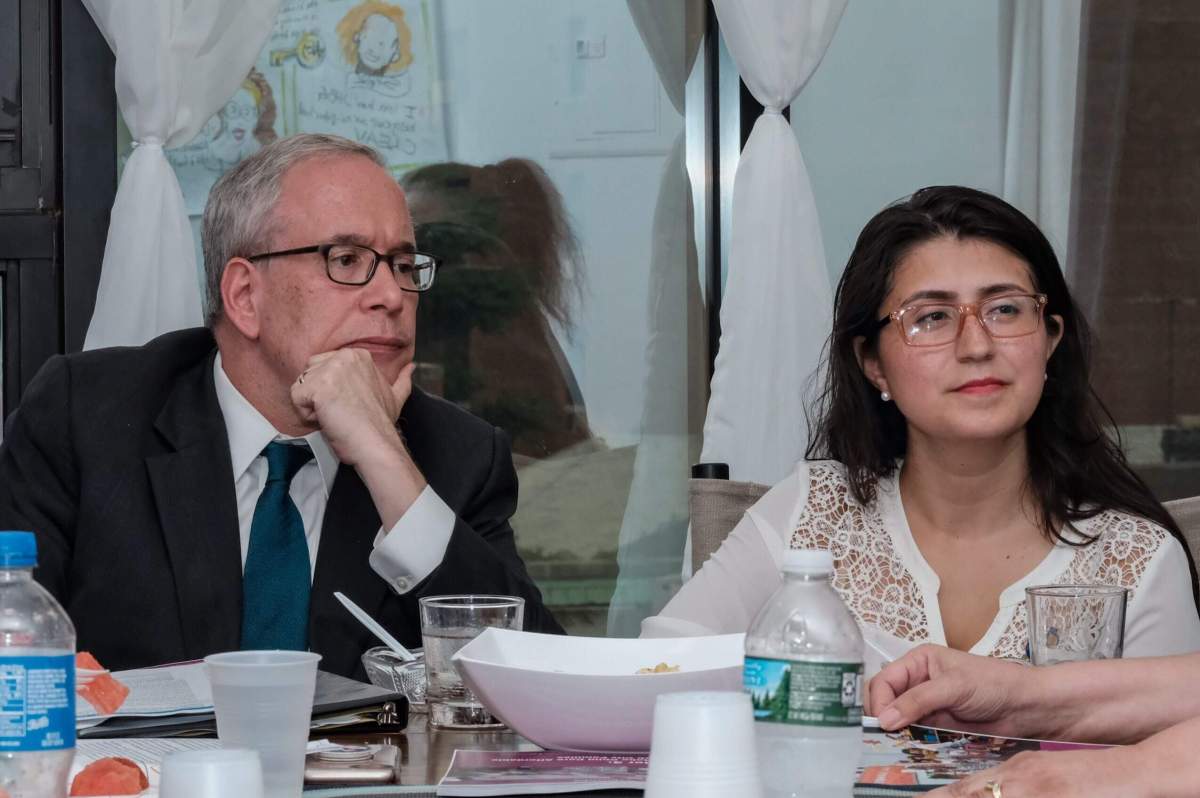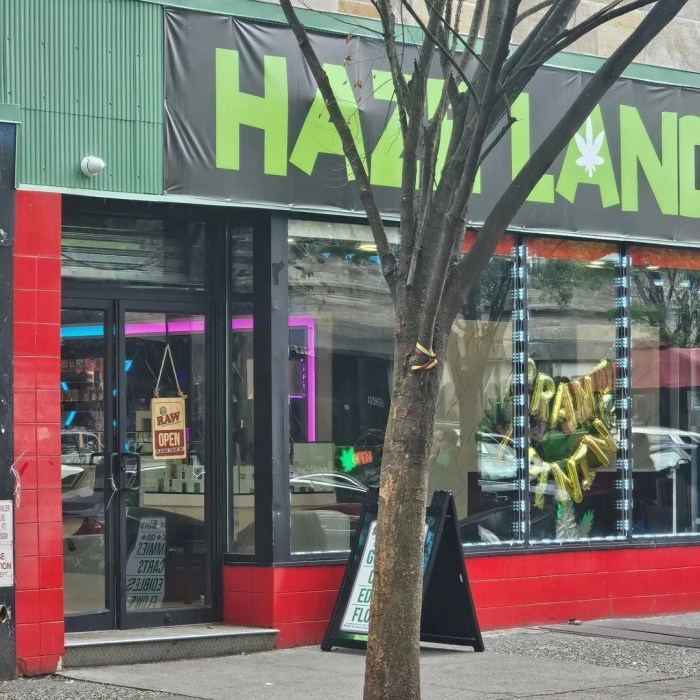While the city’s Universal Pre-K program has made early childhood learning widely available to many residents, Comptroller Scott Stringer and state Senator Jessica Ramos looking to make infant and toddler care accessible to working families as well.
At a roundtable in Jackson Heights on July 17, the two pols discussed with residents the best methods for deploying the program titled NYC Under 3 based on their experiences with nearly half of community districts within the city meeting the definition of childcare deserts, according to the comptroller.
Sunnyside and Woodside are just two mentioned a report from Stringer’s office where there are an estimated 10 times as many infants as there are childcare spaces.
“The idea is for the funding to come from what’s called gross receipts, or a surcharge on the top five percent of big businesses in New York. So this is a way to hold our biggest employers accountable for the childcare that’s needed, but its also a way to fully fund [this program],” Ramos said.
There is currently a mix of federal, state and city subsidies and tax credits available to families struggling to afford healthcare.
According to Stringer, the five-year plan to establish a program would start with an increase in payroll taxes for companies. But the government would also benefit from the income taxes levied from the estimated 20,000 people citywide who would take advantage of the program in order to bring more pay home.
“One of the ways of doing this is to create a childcare program that would allow struggling, working New Yorkers the ability to get the childcare they need so they can go back into the workforce and to recognize that childcare 0 to 3 is actually very good for the child,” Stringer said. “We estimate in our office that 20,000 people who are out of the workforce would actually go back into the workforce, mostly women, who would generate $540 million in additional income for their families and they would pay millions and millions in taxes based on their earnings.”
The tax hike from big business would be dedicated to childcare start-ups and expansions through grants with a capital commitment of $650 million over five years. A family’s direct contribution to the program would be on a sliding scale based on income level.
According to Stringer, a significant amount of the funds would go toward training childcare personnel to consistency between workers.
The program would have a capacity of around 84,000 children, making it the largest in the country.
The bill to make the program active has not yet been introduced, according to Stringer.
































